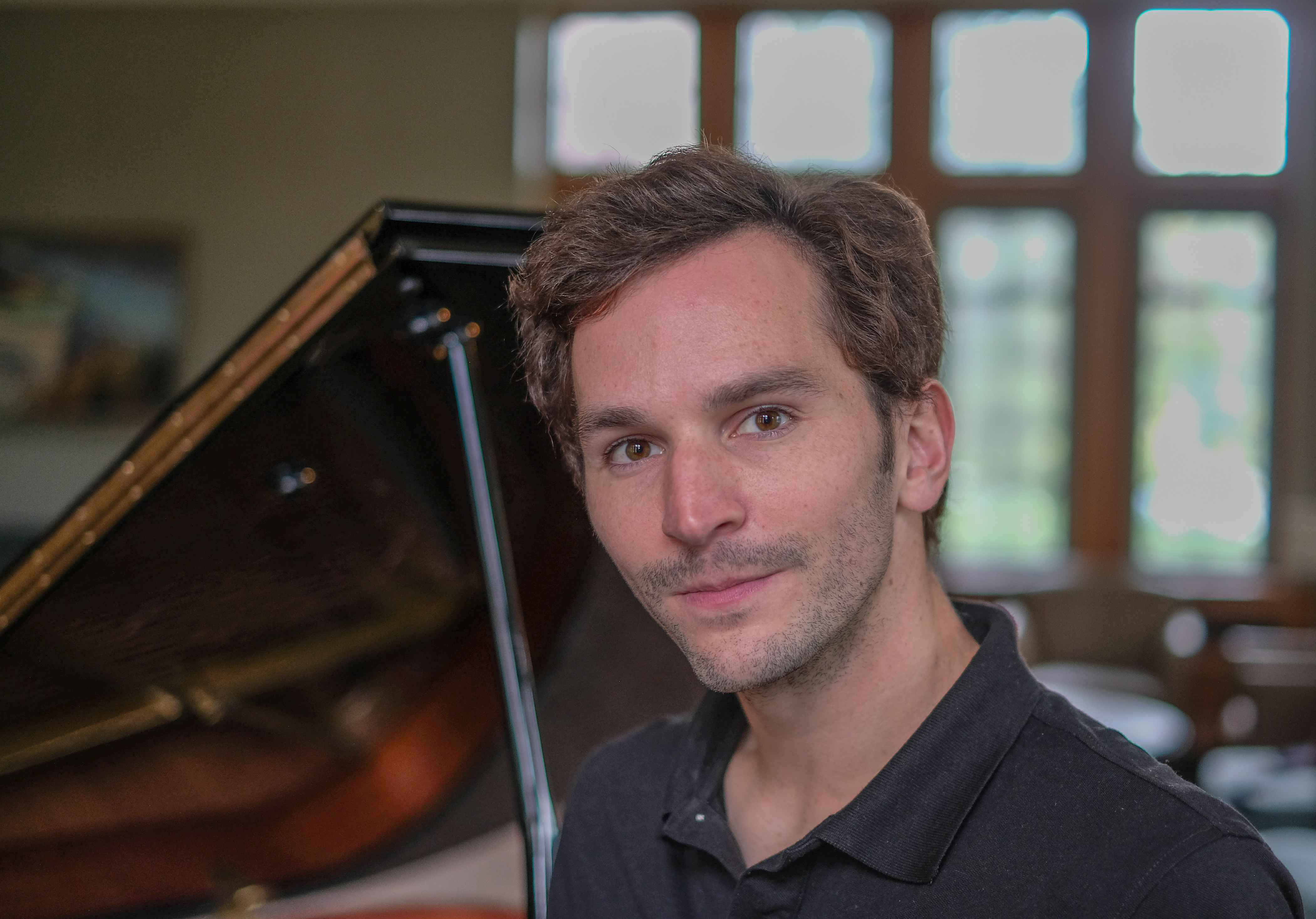
Current Grant Funding:
$7,499,317 - Office of Naval Research MURI
Understanding and building overall cognitive capability through attention control.
Co-PI: Alexander P. Burgoyne
$1,034,940 - Army Research Institute
Understanding change in performance: The roles of cognitive abilities, "hot cognition", and context.
Co-PI: Alexander P. Burgoyne
$117,193 - Defense University Research Instrumentation Program Grant
Investigating the physiological underpinnings of attention control.
Co-PI: Alexander P. Burgoyne
Teaching:
Psychology 6011(A): Graduate-Level Cognitive Psychology
Georgia Institute of Technology
Psychology 1101(SF): Introductory Psychology
Georgia Institute of Technology
- Overall instructor effectiveness: 5/5, 100th percentile at GT
- Inclusivity: 5/5, 100th percentile at GT
- Enthusiasm: 5/5, 100th percentile at GT
Psychology 1101(G): Introductory Psychology
Georgia Institute of Technology
- Overall instructor effectiveness: 4.9/5, 99th percentile at GT
- Inclusivity: 4.9/5, 99th percentile at GT
- Enthusiasm: 4.9/5, 99th percentile at GT


